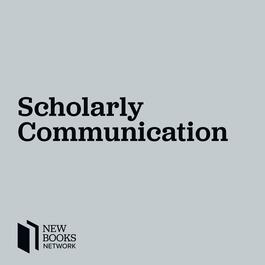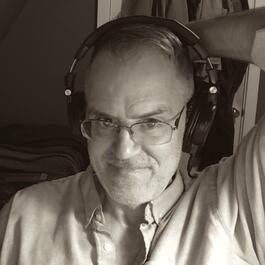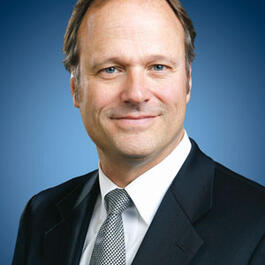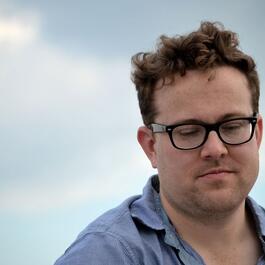
Scholarly Communication
Discussions with those who work to disseminate research
Show episodes

Thomas Kador, "Object-Based Learning: Exploring Museums and Collections in Education" (UCL Press, 2025)
In Object-Based Learning: Exploring Museums and Collections in Education (UCL Press, 2025), Thomas Kador provides a concise overview of some of the most important approaches to material culture and object analysis in plain and easily understandable language that is equally accessible to undergraduate and postgraduate s
Every year, NBN speaks with the president of AUPresses in anticipation of University Press Week. This year, press week will take place from November 10 through the 14th, with the theme: #TeamUP. To celebrate, I’m thrilled to have Dennis Lloyd, director of the University of Wisconsin Press, and president of the Associat

Elif Kalaycioglu, "The Politics of World Heritage: Visions, Custodians, and Futures of Humanity" (Oxford UP, 2025)
What does it take to construct humanity's cultural history and what do these efforts produce in the world? In The Politics of World Heritage (Oxford UP, 2025), Elif Kalaycioglu analyzes UNESCO's flagship regime, which seeks to curate a cultural history of humanity, attached to "outstanding universal value" and tethered

Kate McDowell, "Critical Data Storytelling for Libraries: Crafting Ethical Narratives for Advocacy and Impact" (ALA, 2025)
In today’s polarized landscape, libraries face two key challenges: the difficulty of turning raw data into narratives that effectively advocate for libraries, and the ethical complexities of representing communities in these stories. In Critical Data Storytelling for Libraries: Crafting Ethical Narratives for Advocacy

Gabrielle Durepos and Amy Thurlow, "Archival Research in Historical Organisation Studies: Theorising Silences" (Emerald Publishing, 2025)
Archival Research in Historical Organisation Studies: Theorising Silences offers an accessible account of theorising the archive, contesting the narrow definitions of the archive with a view beyond a mere repository of documents. Scholars Gabrielle Durepos and Amy Thurlow discuss the ways that business archives have ma

Liz Fischer, "Network Analysis for Book Historians: Digital Labour and Data Visualization Techniques" (Arc Humanities Press, 2025)
Researchers and archivists have spent decades digitizing and cataloguing, but what does the future hold for book history? Network Analysis for Book Historians: Digital Labour and Data Visualization Techniques (ARC Humanities Press, 2025) explores the potential of network analysis as a method for medieval and early mode


